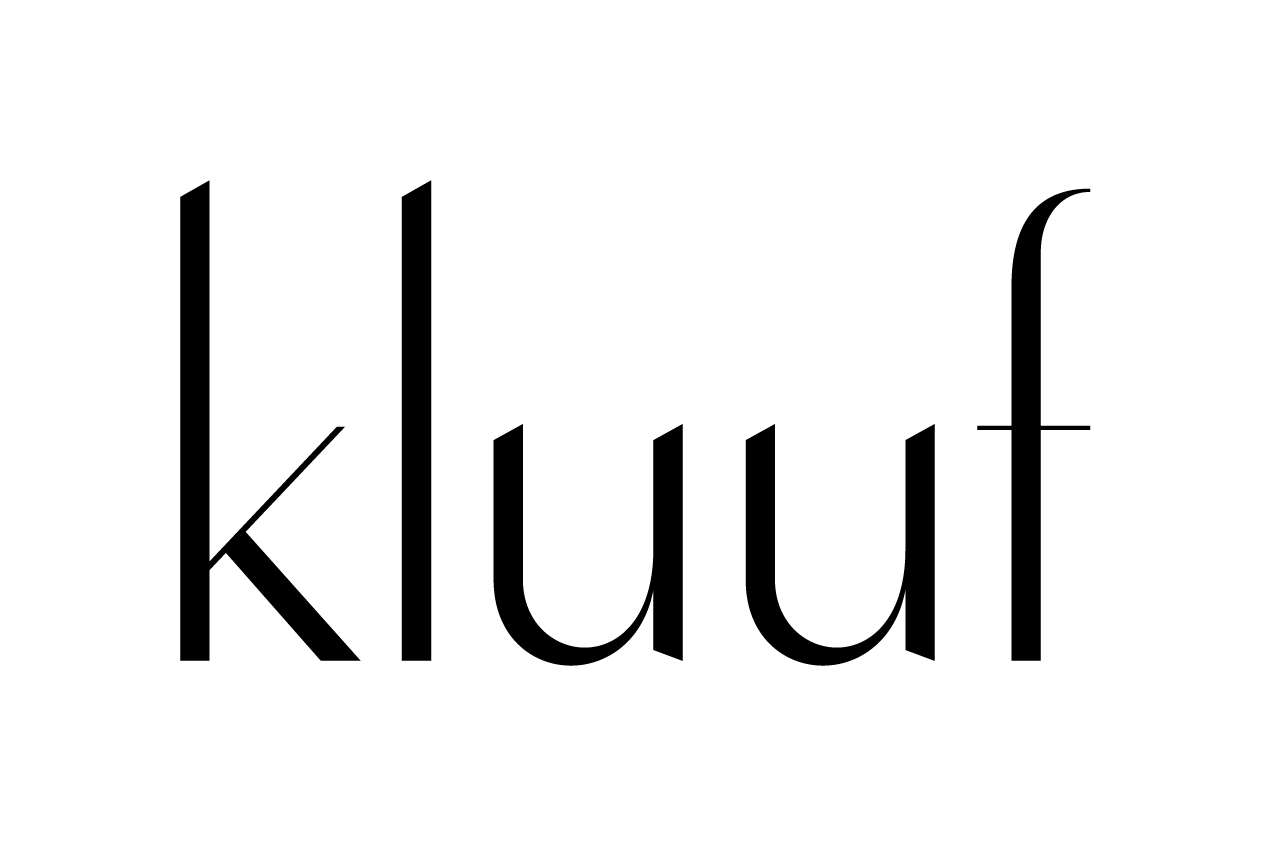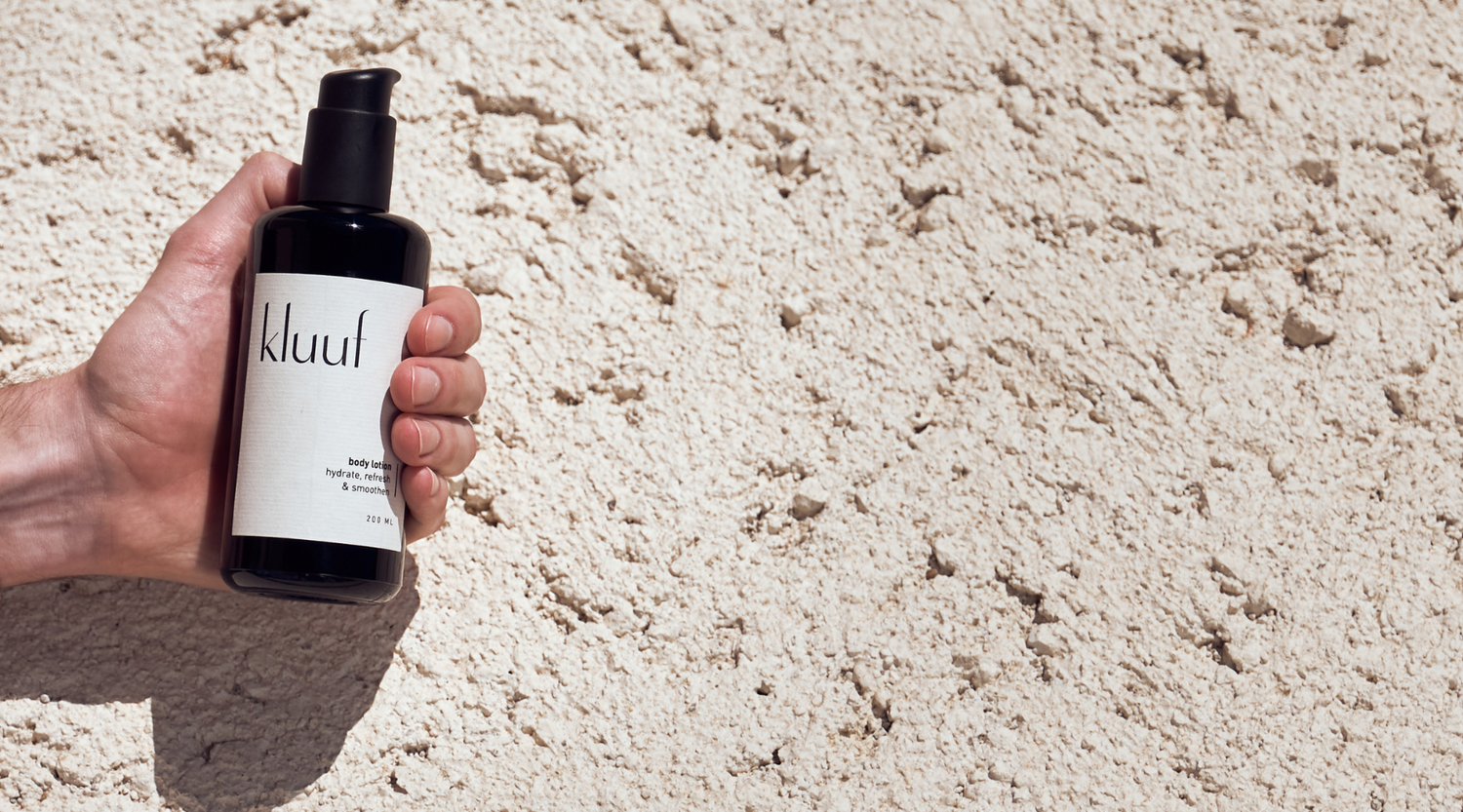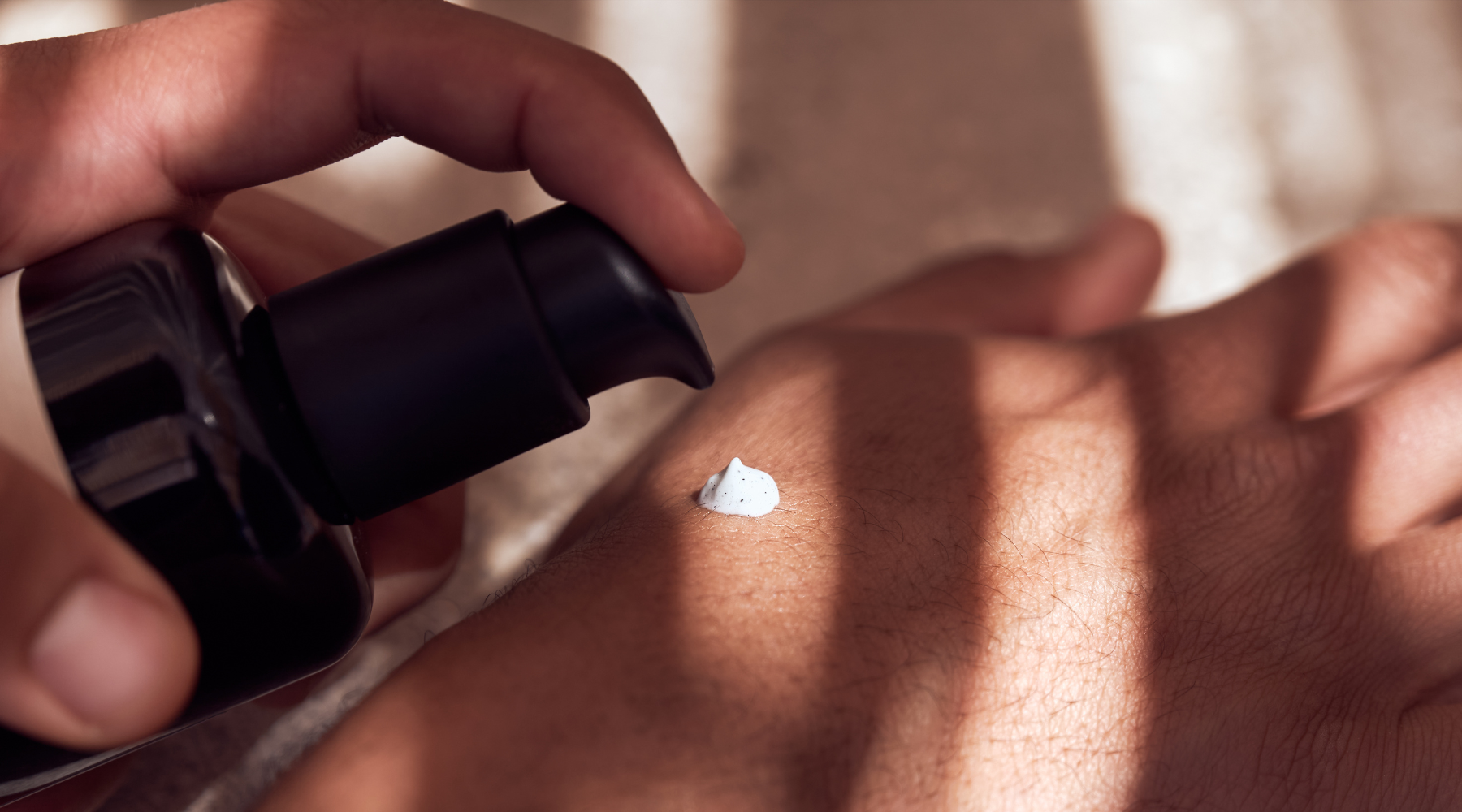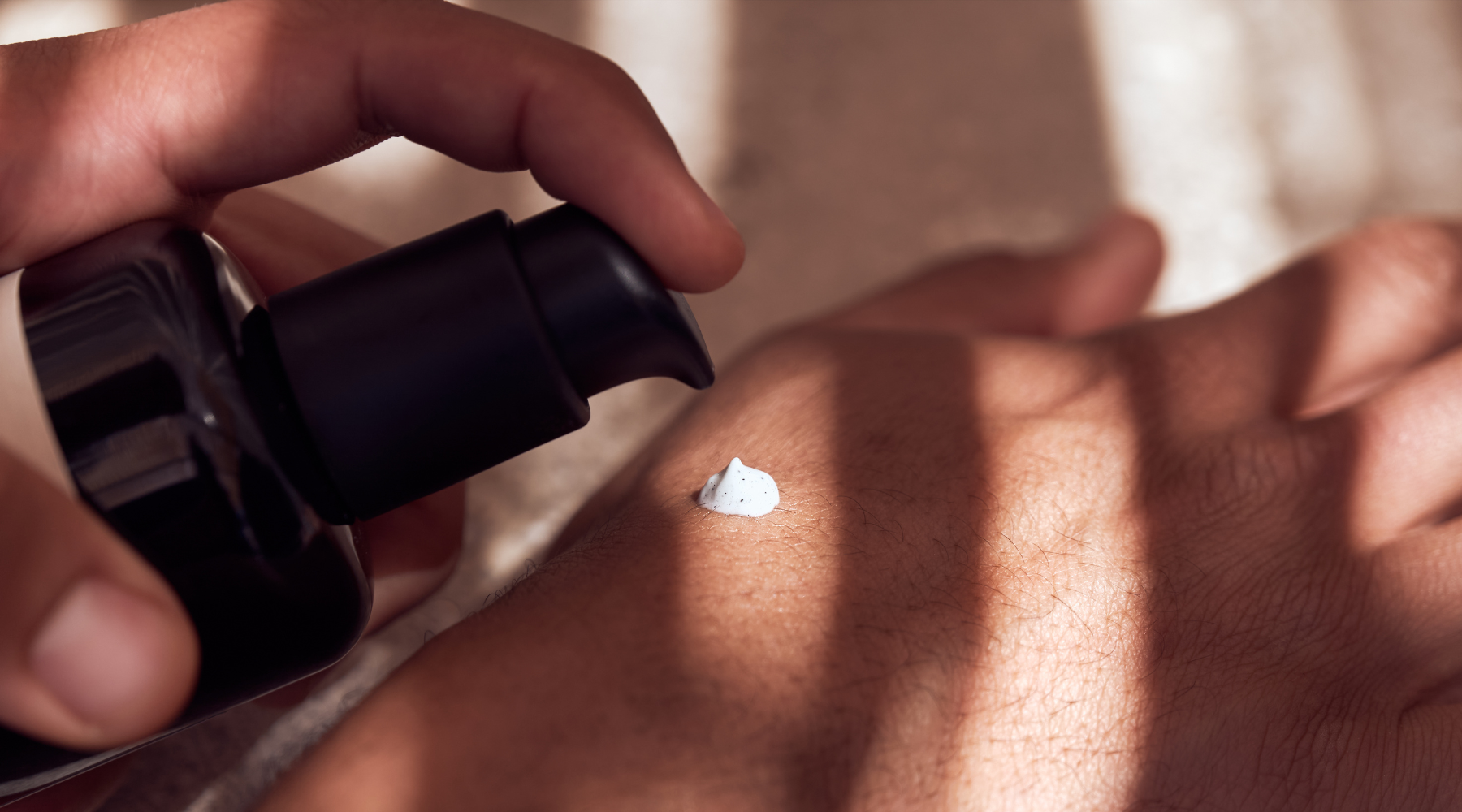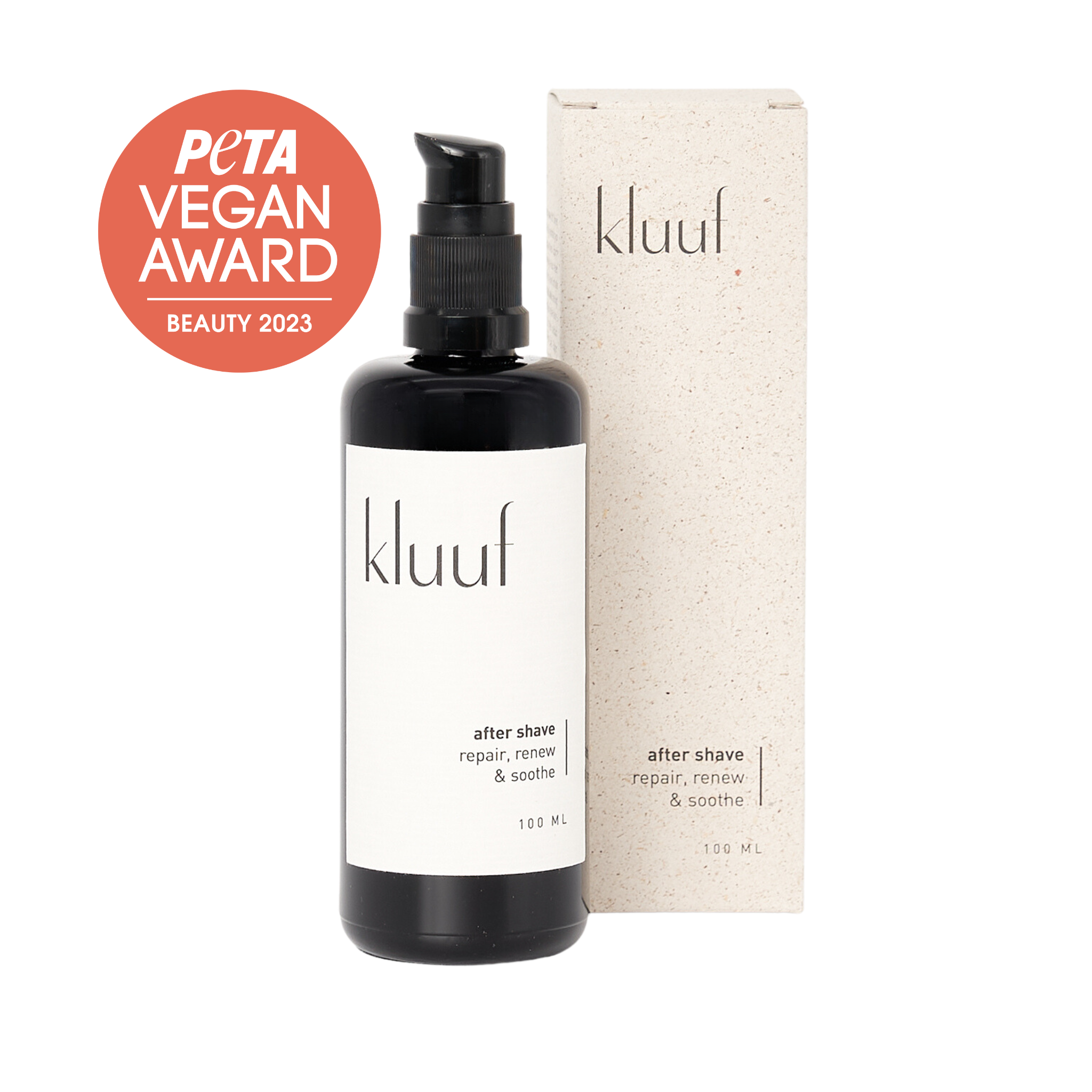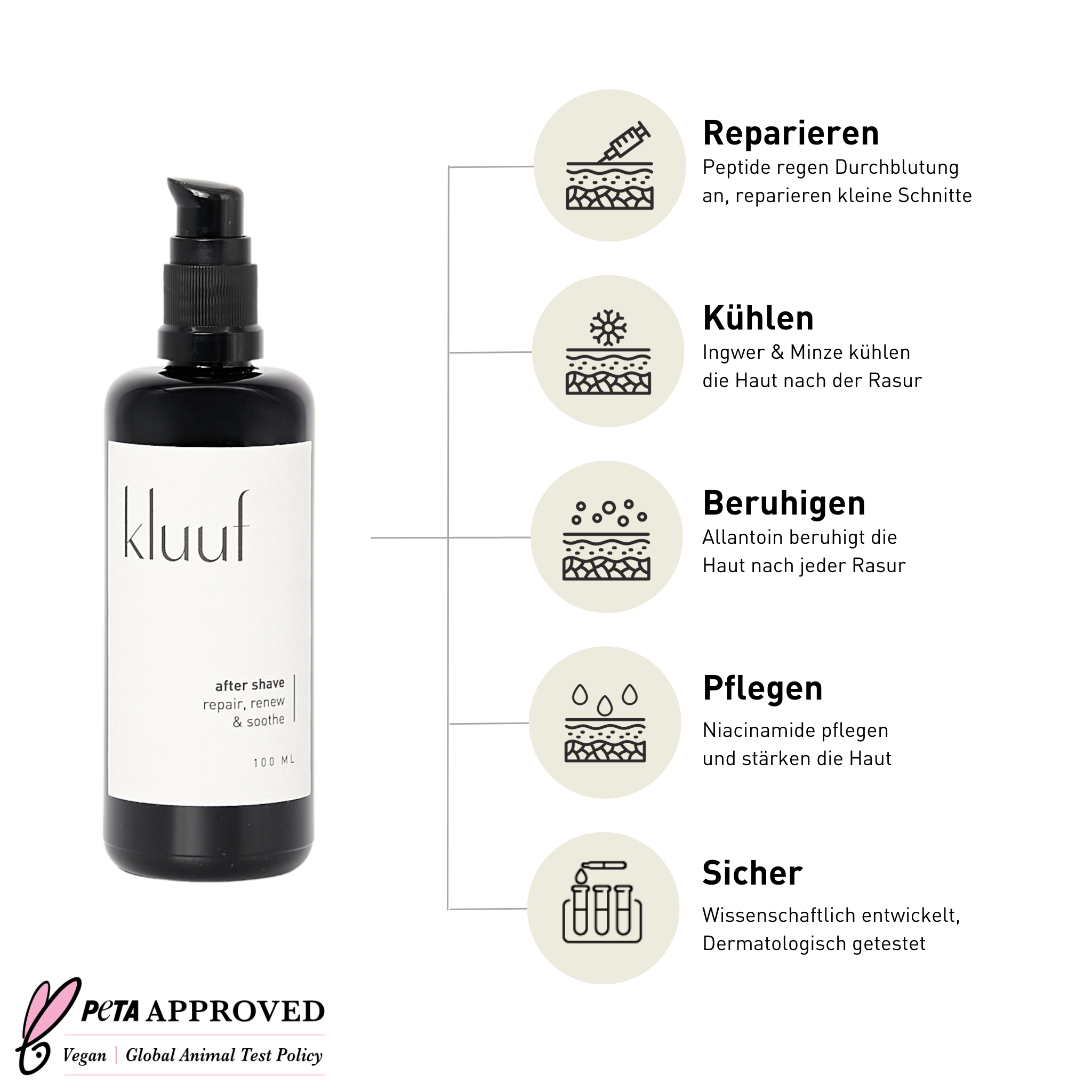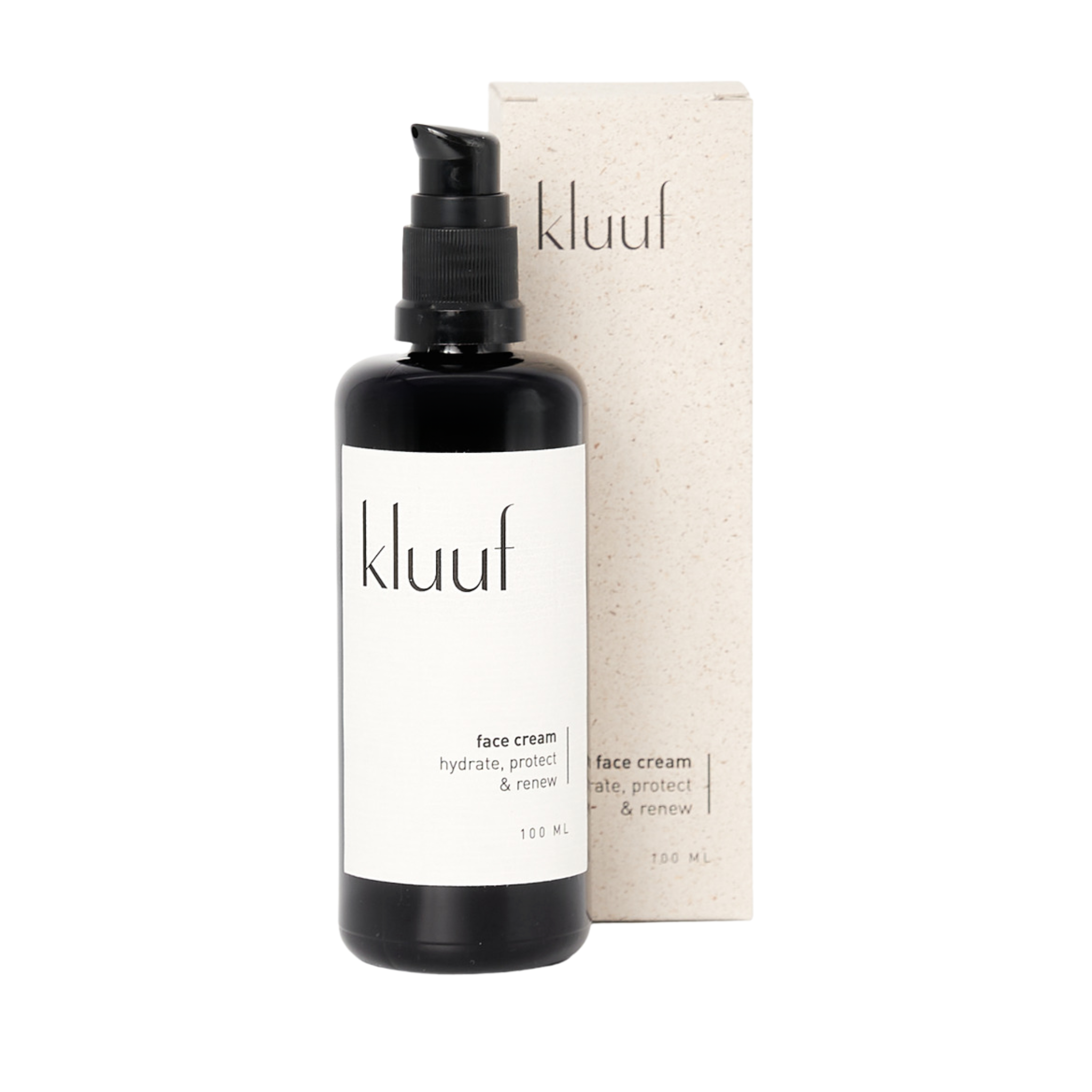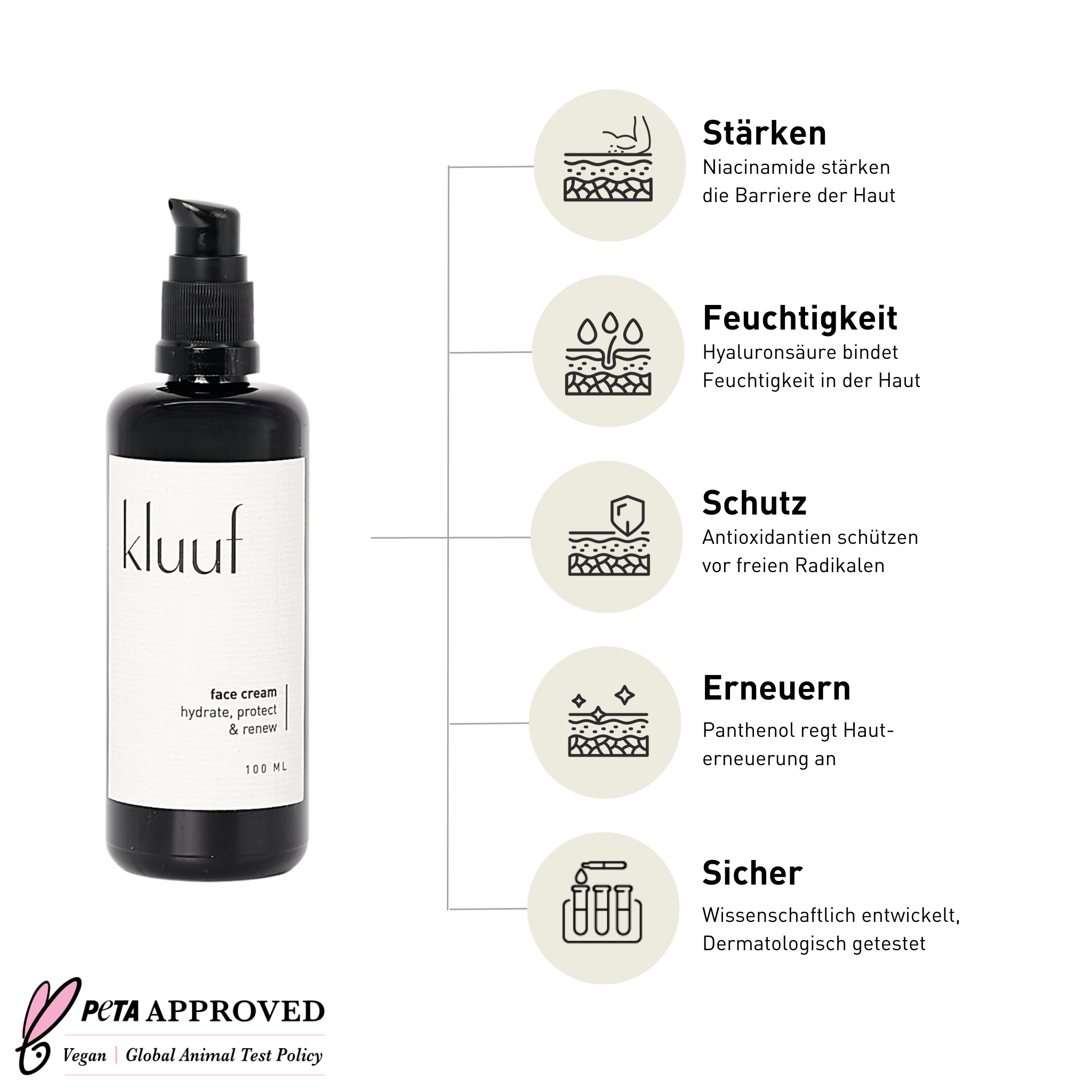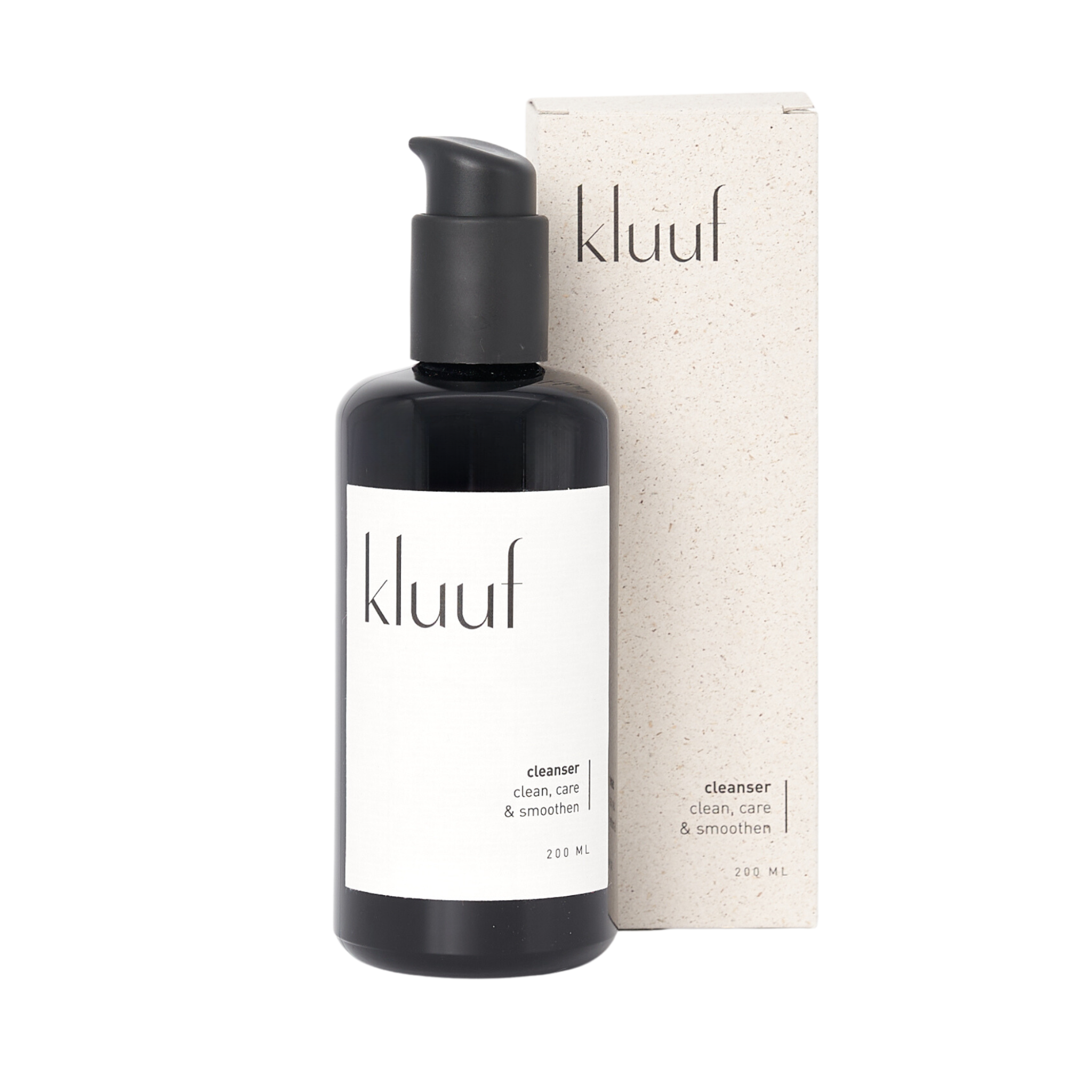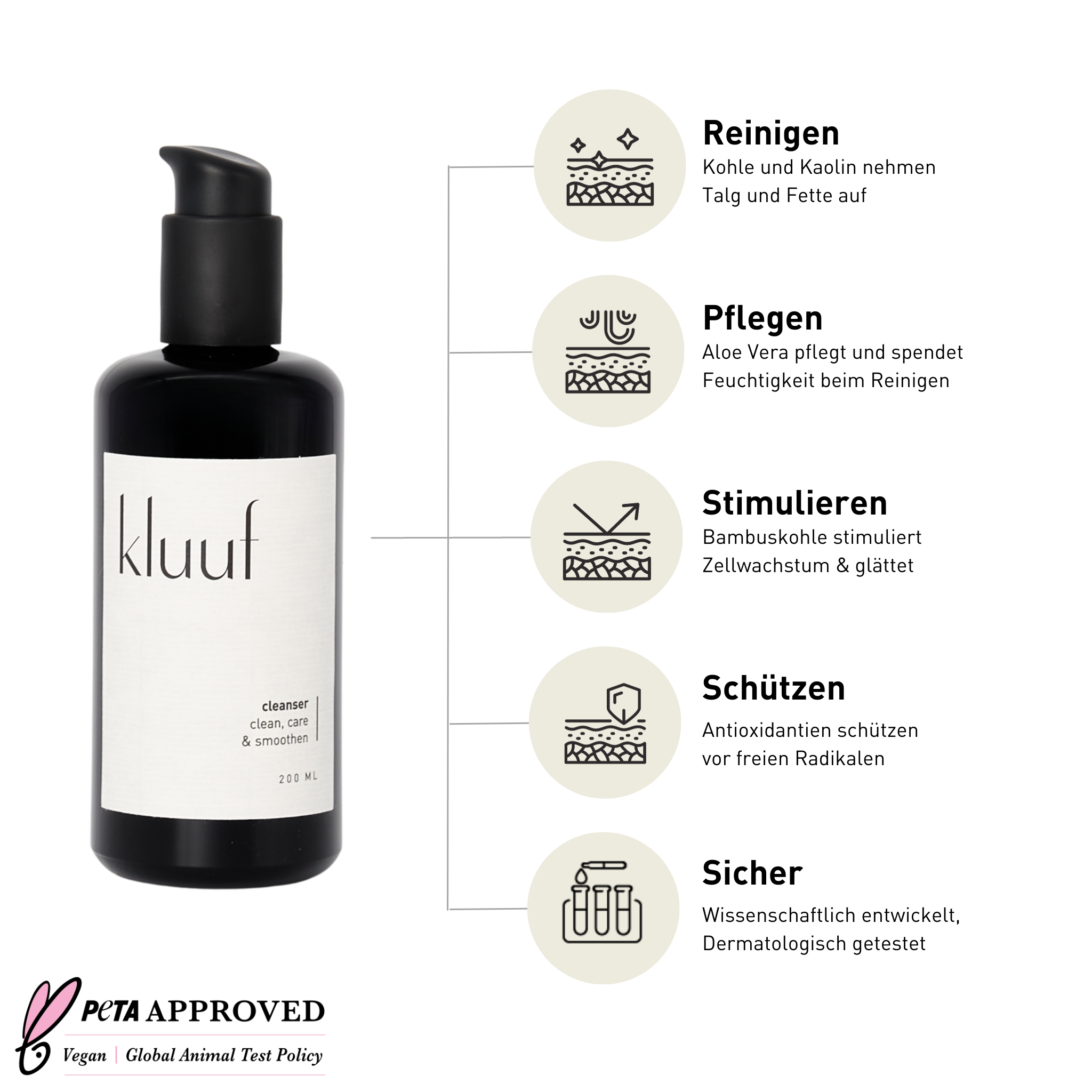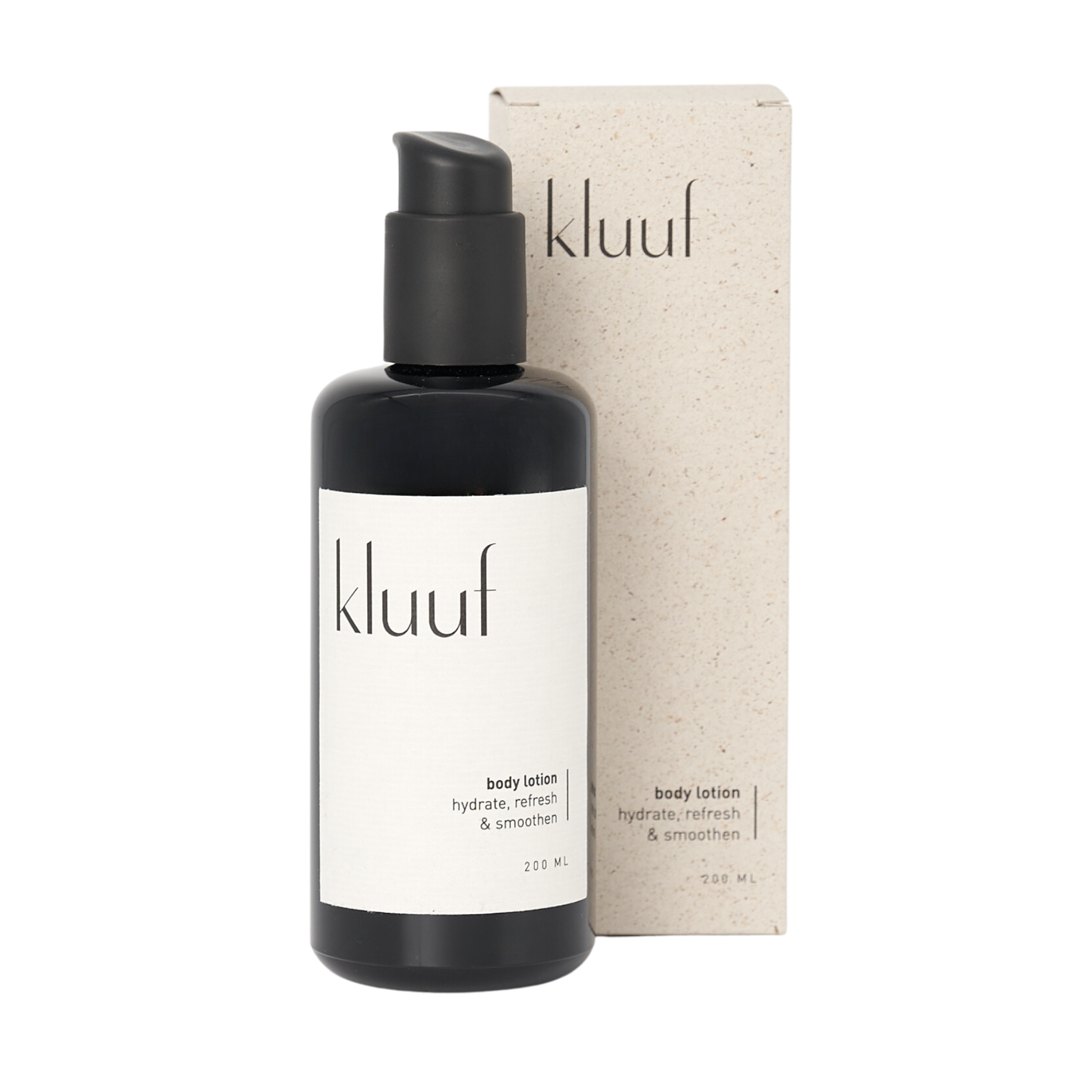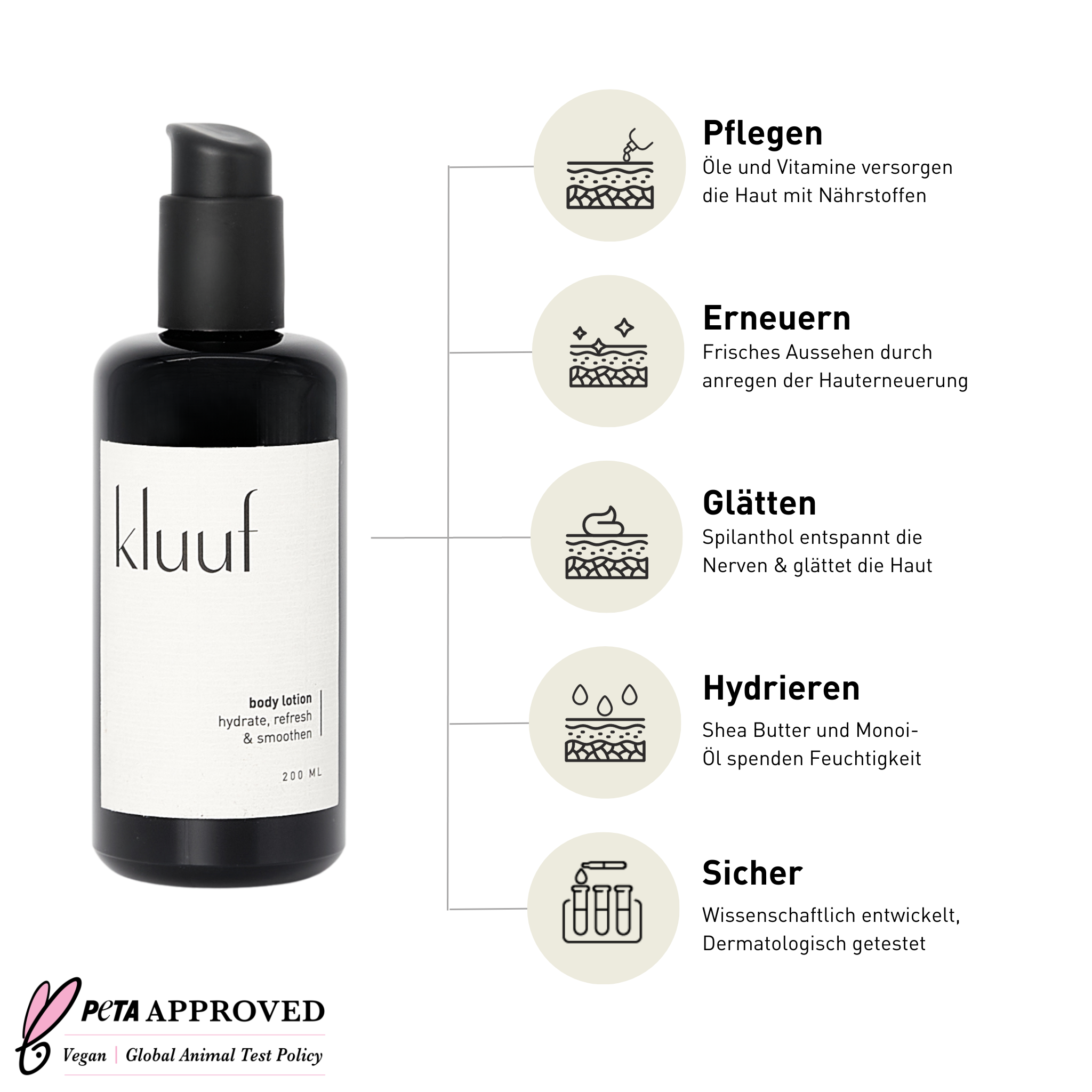Regardless whether it's wrinkle reduction with anti-aging cream, firmer skin thanks to collagen serum or pimple prevention using a sustainable cleanser: A skincare routine usually serves a specific purpose and beauty products are purchased to achieve one or more goals. This makes it all the more annoying when small mistakes in usage prevent the desired results and, in the worst case, cause damage to the skin intended to care for.
- Unintentional weakening of the skin barrier
- Too frequent cleansing with aggressive ingredients
- Neglecting to properly moisturize the skin
- Skin damage caused by UV rays
Each of these seemingly small aspects can cause major damage and ruin effective skincare.
This skincare blog explains the most common skincare mistakes and how to avoid them.
Using aggressive care products with the wrong ingredients
Aggressive and non-sustainable ingredients are still found in many skincare products. Whether it's irritating alcohols, aggressive perfumes, irritating parabens, drying anti-pimple lotions or environmentally harmful kerosene: the list of ingredients that have a negative impact on our skin and/or the environment is long and should be avoided at all costs.
Questionable or harmful ingredients can be easily identified with the help of apps such as Codecheck or Yuka and we at kluuf have written an extensive blog article in which we explain what ingredients we classify as questionable or harmful and would never use.
kluuf also firmly believes that beauty products should only use vegan ingredients, as negan beauty care avoids unnecessary animal suffering! Especially as studies have shown that vegan ingredients have the same effectiveness as care products with animal ingredients.
However, it is important to mention that even products with sustainable and vegan ingredients can damage the skin if used the wrong way:
Excessive cleansing
Cleansing is an essential step in any skincare routine: it removes impurities from the pores and prevents unpleasant blackheads and spots. However, if the skin is cleansed too often, this can quickly lead to redness and irritation, as even gentle cleansers attack the skin's natural barrier.
The skin barrier acts as a protective shield for our skin and is fundamentally important not only for our health but also for our appearance. Too frequent facial cleansing and aggressive ingredients damage the skin barrier, resulting in a reduced protective function and reddened skin. In some cases, this can even result in mild dermatitis.
How often facial cleansers should be used depends on the individual skin type. It is generally recommended to cleanse the face once in the morning and once in the evening. For particularly sensitive skin, it is advisable to only cleanse the face with warm water in the morning and use a gentle cleanser in the evening.
kluuf has listed everything about the different skin types, and how best to care for them in this blog article.
Not using sunscreen
It is widely known that unprotected exposure to the sun is the number one cause of skin damage and premature skin ageing. Nevertheless, many people consciously (or unconsciously) refrain from using sun protection regularly, which according to relevant studies is responsible for 80% of skin ageing. But it is not only wrinkles that are caused by UV rays; this mistake can also lead to skin damage and even skin cancer.
So we could all save ourselves a lot of anti-aging products (and health risks) if we consistently protected ourselves with sunscreen. Effective sun protection also includes reapplying sunscreen if you are exposed to a lot of sunlight for a particularly long time.
Excursus I: The sun protection factor of a sun cream, stated as SPF, indicates how long the product protects against the sun's rays. A simple formula is used for this: SPF number x natural protection factor of the skin (in minutes) = duration of sun protection (in minutes).
So if your skin can usually manage without sun protection for 10 minutes and you use SPF 30, you get a maximum sun protection of 300 minutes. Important: This figure indicates the total sun protection for the day and already takes into account re-application of sunscreen. This is because regular application achieves the maximum sun protection time, but does not extend it.
Excursus II: Sun rays are classified into UV-A and UV-B rays:
- UV-A rays: Are constant throughout the year, regardless of the sun we perceive. UV-A rays penetrate all layers of the skin where they can cause cell damage.
- UV-B rays: Are the rays that both tan our skin and are responsible for sunburn. In contrast to UV-A rays, the intensity of UV-B rays fluctuates greatly and is strongest in summer when the sun is visible.
Being impatient / expecting quick results
Skincare is the most fun when the new face cream reduces wrinkles or leaves a great glow just a short time after use. However, skincare products that have a long-lasting effect, i.e. not just a short-term effect, need one thing above all: time.
Our skin renews itself continuously: on average, this process takes four weeks. After around 28 days, the old skin cells have been replaced by new skin cells. During this process, the appearance and feel of the skin also changes: young cells make the skin look fresher, while at the end of the renewal cycle the old cells often make our skin appear tired.
When we use a new face cream or establish a new, sustainable skincare routine, the body first has to get used to the unfamiliar active ingredients. Experts recommend using new products for two months in order to assess the profound effect. In this way, the skin is completely renewed twice and the active ingredients are integrated into the skin's natural cycle.
* If the skin reacts negatively to new products, they should of course be discontinued immediately. However, it should be noted that the skin also has to get used to new active ingredients and niacinamide, for example, can often cause slight redness or itching when used for the first time. This merely shows that processes are being triggered in the skin.
Neglect sleep and nutrition
Our diet, as well as our sleep, have a major influence on the health and appearance of our skin. However, many people neglect a balanced diet and restful sleep and rely exclusively on vegan face creams, cleansers and the like. The skin absorbs nutrients such as vitamin C better through its internal metabolism than through external beauty products. Just as greasy meals or a bag of potato chips in the evening lead to oily skin (which in turn can cause pimples), or smoking increases free radicals, alcohol dries out the skin.
This is why: care from the inside, supplemented by care from the outside leads to success!
We have listed how nutrition and sleep affect our skin in kluuf's comprehensive blog article.
Typical beauty mistakes and how to avoid them
Skincare should be fun and lead to the desired results (whether anti-aging or healthier skin).
Small mistakes can ruin the desired effect. In the worst case, the skin can even be seriously damaged.
The most common skincare mistakes summarized:
- Not enough restful sleep and an unbalanced diet
- Not using new skincare products for long enough
- Not using any or the right sun protection
- Damaging the skin barrier through excessive cleansing
- Using skincare with aggressive ingredients
If these inconspicuous mistakes are avoided, nothing stands in the way of effective and sustainable skincare that is fun and delivers the desired results!
Our vegan skincare from kluuf avoids aggressive ingredients, is dermatologically tested and does something good with every purchase. Buy here today and start skincare without worries!
